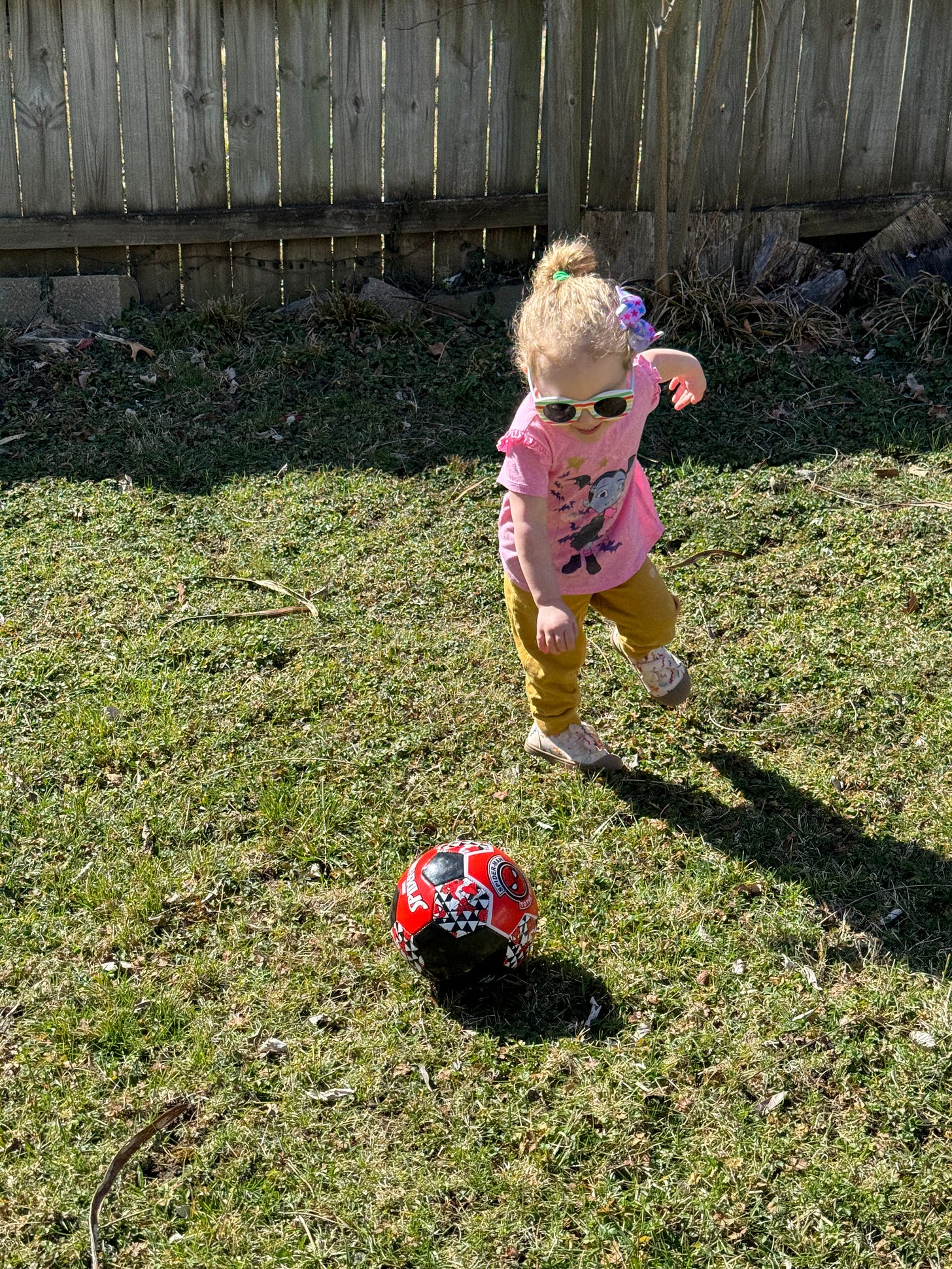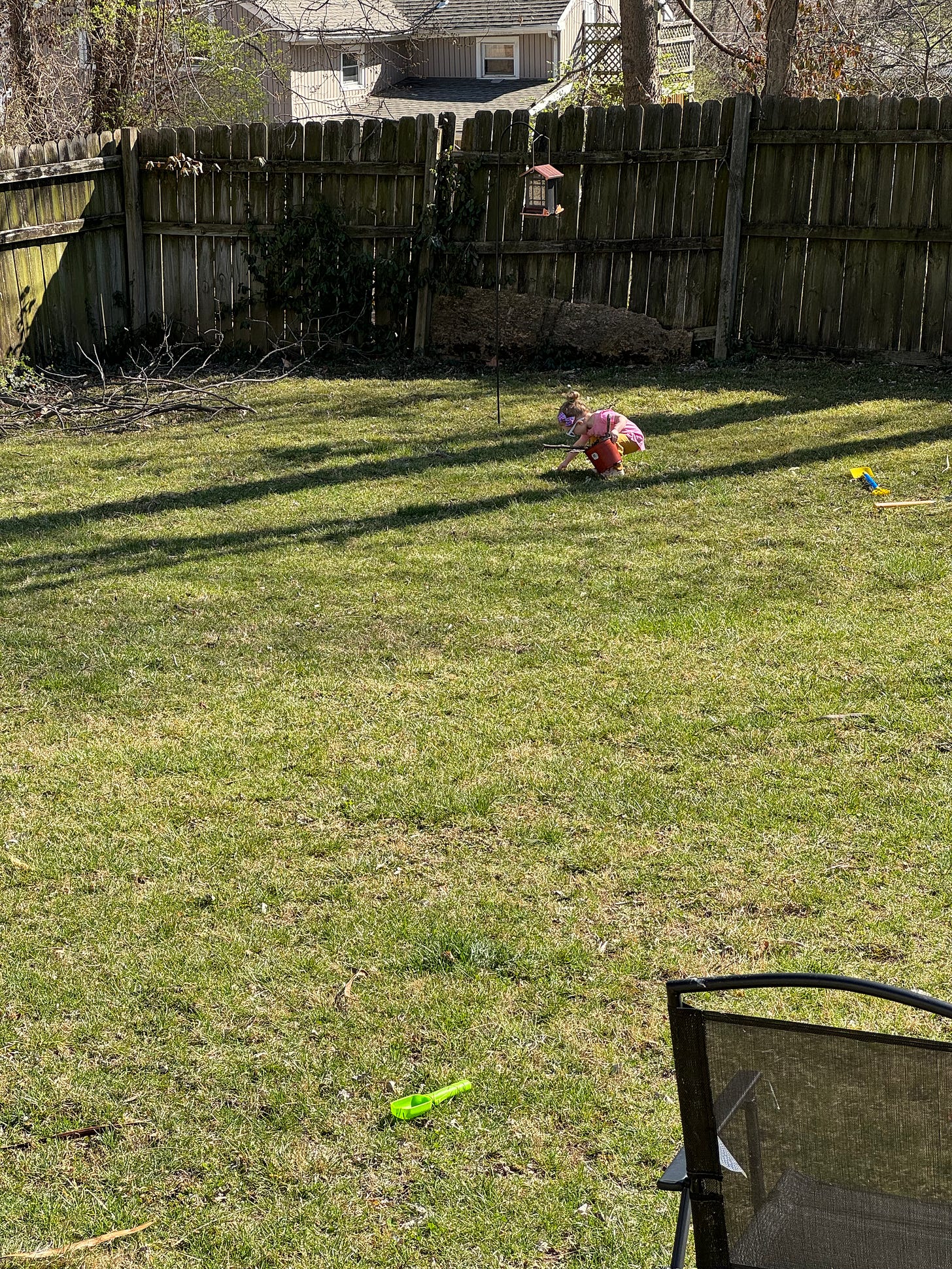You have time to write a novel...
...you just don't want to.
A quick look at why everyone thinks they can write a book, about how nobody thinks they have the time to do so, and how you absolutely do—and how to make it happen.
Everybody wants to write a book... one day. If you're a writer (or artist of any kind) you've probably had someone tell you something akin to “ohh I would love to write a book one day, if only I had the time.” If only they had the time. Writers hear this a lot. From family, from friends, and more often than not, from strangers who learn the writer is working on or has completed a book. For people who have completed a book, or people who are working on one, this comment is irritating. Mostly because it implies you must have a bunch of extra time laying around which you have chosen to use to write a book instead of underwater basket weaving or watching sharks make love or whatever you’re all about. And most writers (and all artists, really) understand that this is almost always not the case. In fact, most writers, and most especially working writers who are publishing things, make the time for writing. It certainly isn't laying around for the taking.
I think the comments writers get so often from people about how they’d write one too, if only time allowed are reinforced by two misunderstandings. First: a lot of people think writing is easy. After all, we can all do it can't we? Well, the majority of us have some basic ability to communicate in the written form. And second: despite so many people thinking it is so easy to write a book, they simultaneously believe writing a book requires one to sit down with a MASSIVE chunk of time, the muse singing over their shoulder, all of the circumstances around them are perfect, the moment is right, and that THAT is when writing a book happens. Only in those perfect muse-inspired moments of bliss and solitude. Both assumptions are false.
Most people will easily see through the first false assumption, that writing a book is easy. After all, if writing a good book were so easy the odds of getting agented or picked up by a traditional publisher would be much higher than what they are—which is equivalent to being struck by lightning twice. Far more indie folks would make a living and hit bestseller lists, too. But no. The truth is, because everyone thinks they can do it this field is, as my former writing professor and author Whitney Terrell (Viking, The Good Lieutenant) put to my fiction class years ago: “the most competitive industry that exists.”
The second false assumption is dispelled when you look at the life of any writer. I was writing and publishing when I worked full-time. When I worked part-time. When I was at home with a newborn. And now I write at home with a three-year-old and yeah, we plan to have more kids and at this moment, probably homeschool (not in a weird religious way, but in a like, shootings are everywhere, this country isn’t going to fix gun violence anytime soon and we can afford to do it so we might as well kind of way). Any stay-at-home mom or dad can tell you how time consuming raising children is. And how most of the time it leaves you feeling like there isn't a single second in the day for yourself. Writers are not born into this world with piles of time laying around that they can scoop into whenever they please. I'll be honest with you: I'm dictating this very post on my phone while running around like a maniac in my backyard, being chased by a three-year-old carrying a plastic rake. (Don't worry, the rake is her size and she's not running that fast.)
My point is: writers make the time to write because to them, it’s important. We don't have any more or less time in the day than anyone else. We, writers, are after all just ordinary people who decided one day to pick up the pen, or the keyboard, or the typewriter, or the quill, or the rock and the stone to etch little hieroglyphs into the wall with, or the knife to paint our ransoms and demands with our victims’ blood on the wall—you get the point. And it has been that way since the written word came into being and it will remain that way no matter how we evolve as a species.
And yes, I have hobbies, friends (I think), and go to things (even though I rather be writing). I will caveat here: not all people are afforded the same privileges and socioeconomic circumstances, which does indeed make it MUCH harder for some. But those folks usually aren’t the ones nonchalantly saying, “oh, I’d write one of those book things if I had time, because I totally could, but ya know TTTIIIIIMMMEEEE.”
I mentioned I’m running around in the backyard right now, which I'm still doing as I dictate this line, so clearly I get creative with how I find moments to write. But what are some of the other ways normal, busy people with limited time in the day write a book?
We know the time exists, but it can sure seem like it's hiding from us. Let's categorize our time into three colors like a stoplight.
There is red time, where you are unable to engage with your work at all. This is when you are asleep. This is when you are at a dinner party or a child's event and your attention needs to be on whatever is going on around you. There's actually less red time than you might imagine in your day. That's because the majority of the time you think you can't write is yellow time.
Yellow time is time where your surroundings require you to yield to other things. Doing the dishes, running around outside with your kiddo (in a moment of play which does not require you to be fully engaged but rather acting like a complete maniac in order to entertain them), your commute to and from work, small bursts of downtime throughout the day like a lunch break, sitting on the toilet, lying in bed before you go to sleep, and many other similar moments. All are yellow time periods you are doing something else but you could engage your mind with your writing (or other art). You may be able to actually get some work done by dictating or running over to the keyboard for a few minutes at a time. The concept of sprint work fits very well with my concept of yellow time. But engaging mentally with what work you will do makes that work so much easier later.
And then there is green time. This is the kind of time everyone assumes all writing happens in. This is the time you will need in order to do tasks which require deep levels of focus. Some people are able to draft a project inside of small amounts of yellow time and others require longer periods of green time. At least, we are predisposed to preferring one or the other for drafting. However, drafting is like the primer layer of paint. It can be messy, and it most certainly isn't going to resemble anything like the final mural or bird house, or Warhammer or D&D model. Green time. It’s the time when you sit down at the keyboard for an hour or hours of work uninterrupted—when you hope that your muse will sing to you, and you lean over your keyboard practically pressing your nose to the screen while sweat drips down your chin into the crevices between keys like you see in all of the movies where the writer is hard at work on their manuscript.
Green time, or GO time, is most essential for getting large word counts on the page because it allows you to ramp up and hit your peak performance speed and then come back down. Guarding green time is essential because even a small interruption can completely reset the forty-five minutes to an hour it takes most writers to ramp up to their peak drafting speed. But again, some people draft their works with little to no green time at all. In fact, long periods of uninterrupted work, is most essential I would argue, for the sort of writing work which requires deep thought and intricate problem solving. Namely, revisions. But everyone is different, and I think most of us can learn to use the yellow time when we can’t have the green.
Yellow time is easy to identify. The hardest part is training your mind to get into the routine of taking advantage of those small moments. Whether you are thinking about your project while doing the dishes or hopping on your phone or laptop during the kiddo’s nap or during your own lunch break at work. Making green time for yourself is the hardest part of making time to write. And this is why so many writers are irritated by comments like “ohh I'm gonna write a book one day!” and “if only I had time to write a book!” because writers, more often than not, make their green time happen. And to doing so, requires some sacrifice.
I get my writing done because I choose not to play video games. I choose not to watch movies or binge TV shows. I brew a cup of coffee after my wife and kiddo go to sleep and I stay up to work for four hours or until I reach 1000 words—and I do this almost every night of the week. THAT is how I plan to write a book each year. Who knows, maybe more! Some people may get up early, others may choose to say no when friends ask if they can go out.
Your green time absolutely exists but your art needs to be more important than other things. And I suppose that is exactly why writers get irritated at comments about someone not having time to write. Because to those people writing is not important enough for them to make sacrifices and create the space for the work.
So, there you have it. You DO have time to write a novel! You can absolutely write your memoir! Go pen that erotica! But you're gonna have to make time so. Seek it out. Guard it. It's not going to happen magically for you. Red times are rare, yellow times are everywhere, and when you make green time you better BICHOK (butt in chair, hands on keyboard).



